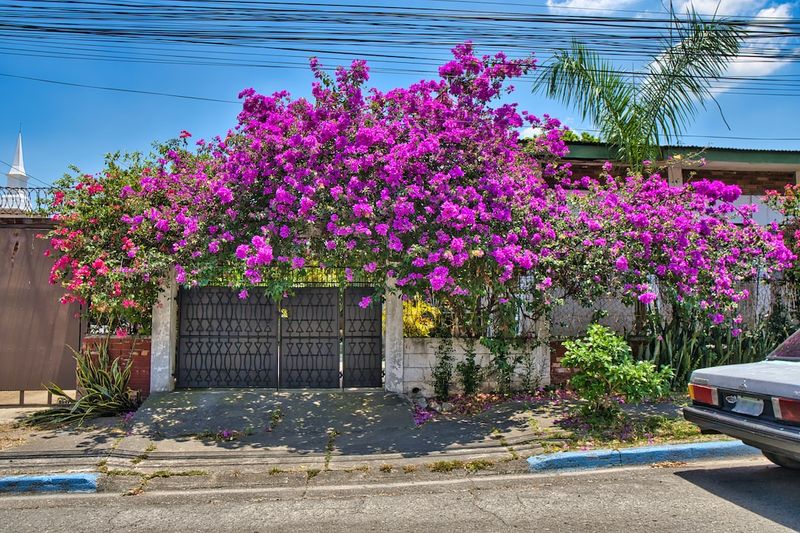Table of Contents
Honduras: Strong Action Needed on Corruption
Human Rights Watch has recently called upon the Honduran government to take critical steps to fight corruption, a long-standing structural problem that has undermined human rights throughout the country. As per their briefing paper, systemic corruption can deprive the government of money to invest in health, education, clean water, housing, and other rights. It dangerously undermines essential government functions, distorts public accountability and often leads to attacks on judicial independence and freedom of expression to prevent or undermine investigations by the justice system and news media.
Current State of Corruption in Honduras
Honduras ranks 157th out of 180 nations in the 2022 Corruption Perception Index released by Transparency International. This places it below every other country in Latin America and the Caribbean, except for Nicaragua (167), Haiti (171), and Venezuela (177). Furthermore, in Honduras, Human Rights Watch reviewed the judicial files of 14 corruption investigations and found strong links to human rights abuses in 12 of them. The corruption documented by prosecutors undermined the rights to food, health, and education, as well as Indigenous peoples’ right to free, prior, and informed consent regarding measures that may affect them, among other adverse consequences.
Impact of Corruption on People’s Lives
The structural issue of corruption in Honduras is not just limited to financial and governmental institutions. It trickles down to have serious consequences on the lives of the Honduran people. The briefing paper of Human Rights Watch detailed four examples of corruption’s impact on the human rights of Hondurans.
The Call for Strong Action
The Honduran President, Xiomara Castro, was elected on a human rights platform with a strong focus on fighting systemic corruption. Her administration signed a memorandum to create the Comisión Internacional contra la Corrupción e Impunidad en Honduras (CICIH, or International Commission against Corruption and Impunity in Honduras) with the United Nations Secretary-General in December 2022. In April 2023, President Castro agreed to the terms for a UN visit to lay the foundations of the commission.
The ongoing negotiations to create the UN-backed commission present a unique opportunity to learn from past experience and make lasting progress. However, the government, together with the commission, will need to take bold measures to combat corruption in Honduras, including legal reforms, greater transparency and accountability, and strengthening prosecutorial and judicial independence. Political parties should not interfere with the judicial system, and appointments of Supreme Court justices and the attorney general should be based on merit rather than political affinity.
The Way Forward
The international commission should serve as a vehicle to strengthen local institutions. The commission’s work will be critical, but it should also help to build a strong, resilient Honduran anti-corruption and justice system capable of deterring, prosecuting, and punishing corruption in the long term. The President of Honduras should empower the commission to propose legislative reforms to strengthen the rule of law and the fight against corruption, committing to working with Congress to carry out these reforms. Most importantly, for the commission to succeed, it needs to be autonomous and independent, with a broad mandate to investigate and prosecute individual corruption cases and the authority to protect its Honduran and international staff from retaliation.
Conclusion
Corruption in Honduras has undermined human rights within the country and has hampered economic growth, leading to threats to democracy and the rule of law. While President Xiomara Castro has taken initial steps in forming a UN-backed commission, enforcing greater transparency and accountability, and promoting legal reforms is critical to progress against corruption. The Honduran people deserve a country where democracy can flourish, and the rule of law respected, achievable only through empowering anti-corruption measures.

<< photo by Héctor Emilio Gonzalez >>
You might want to read !
- “Honduras’ Corruption Woes Call for Urgent Measures and Tough Stance”
- Former Philippine Senator Jinggoy Estrada’s Bid for Bail Rejected
- The Persecution of Free Speech in Russia: Human Rights Defender Oleg Orlov Faces Trial for Criticizing the Military
- “In the Smoke: An Insightful View into the Life of a Fish Smoker in Sanyang, Gambia”
- Interview with Adja, a fish smoker from Sanyang: A local perspective on environmental issues and sustainable practices.
- Kyrgyzstan’s Proposed Law Endangers Civil Society
- Japan’s Slow Progress on LGBTI Rights: Fukuoka Ruling for Same-Sex Couples.
- The Oversight of Fossil Fuels in the Plastic Treaty Negotiations
- Risks Loom as Central African Republic Holds Referendum
- Senegal’s Democracy at Risk as Government Cracks Down on Opposition and Dissent
- Costa Rica’s Urgent Need to Ban Invasive Spyware